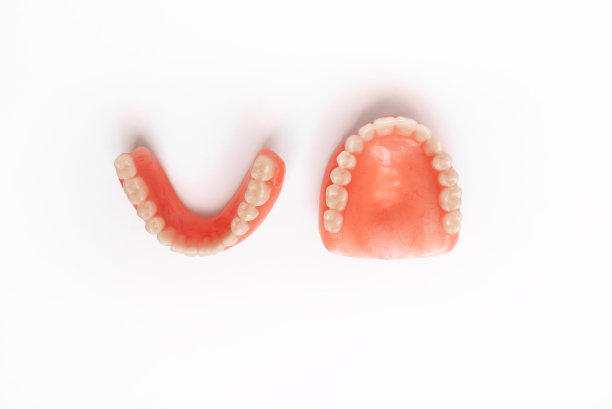The Importance of Dental Care Understanding When and Why to Extract a Tooth for Better Oral Health
Summary: Dental care plays a crucial role in maintaining optimal oral health, and understanding when and why to extract a tooth is essential for effective treatment. This article explores four key aspects of dental care related to tooth extraction, emphasizing the reasons behind the decision to remove a tooth, the impact on overall health, the procedures involved, and postoperative care. By gaining insight into these topics, patients can make informed choices about their dental health and understand the necessity of extraction in specific situations for improved oral hygiene and well-being.
1. Reasons for Tooth Extraction

Tooth extraction may become necessary for various reasons, with dental health being the primary consideration. One of the most common reasons is tooth decay, where cavities progress to a point that repairing the tooth is no longer feasible. When decay reaches the pulp of the tooth, an extraction often becomes the preferred solution to prevent infection and further complications.
Another reason for tooth extraction is periodontal disease, which can lead to significant damage to the supporting structures of the teeth. As the gum tissue recedes and bone loss occurs, maintaining a problematic tooth may be less desirable than removing it to preserve the overall oral environment. This can help prevent the spread of infection and promote healthier gum tissue.
In some cases, overcrowded teeth may also necessitate extraction. For example, during orthodontic treatment, it may be required to remove one or more teeth to create space for proper alignment. This decision helps achieve better results in the long run, improving both function and aesthetics.
2. Impact on Overall Health
The decision to extract a tooth can have a significant impact on overall health. Dental infections, if left untreated, can lead to systemic issues such as heart disease or respiratory problems. By extracting a problematic tooth, the risk of these health issues can be greatly reduced, promoting better physical health.
Additionally, maintaining good oral health contributes to mental well-being. Patients who experience prolonged dental pain or discomfort may find their quality of life significantly affected. The resolution of dental issues through extraction can alleviate pain and restore a sense of comfort, positively influencing emotional health.
Furthermore, the removal of problematic teeth can improve the function of remaining teeth. By eliminating sources of irritation and infection, the overall health of the mouth is enhanced, allowing for better digestion and nutrient absorption, which directly affects general health and vitality.
3. Procedure and Aftercare
The extraction process typically involves a thorough evaluation by a dental professional. This may include dental X-rays to assess the tooths condition and the surrounding bone. Once the extraction is deemed necessary, the procedure itself may vary based on the complexity of the case. Simple extractions can usually be performed under local anesthesia, while surgical extractions may require sedation for more invasive cases.
After the extraction, proper aftercare is crucial for a successful recovery. Patients are usually advised to rest and avoid strenuous activity for a short period. Following specific post-operative instructions, such as managing swelling and pain with ice packs and prescribed medications, can facilitate healing and minimize discomfort.
Moreover, regular follow-up appointments are important to monitor the healing process and address any complications that may arise. Active communication with the dental care provider ensures that patients have a clear understanding of what to expect during recovery, contributing to peace of mind and a smoother healing experience.
4. Importance of Preventive Dental Care
Preventive dental care is vital in reducing the likelihood of tooth extraction. Regular check-ups and cleanings help identify potential issues before they escalate into more severe problems requiring extraction. Early intervention can preserve natural teeth and maintain a healthy smile.
Education on proper oral hygiene practices also plays a key role in prevention. Patients should be informed about the importance of brushing and flossing, as well as diet choices that minimize the risk of decay and disease. Adopting good habits can extend the life of teeth and reduce the chances of needing extractions.
Lastly, awareness of routine dental check-ups can encourage patients to seek care proactively, rather than reactively. Understanding that preventive measures can lead to healthier teeth and gums underscores the relevance of regular visits to the dentist, enhancing overall dental health and reducing the incidence of extractions.
In summary, dental care encompasses various aspects, including understanding when and why tooth extraction is necessary. This process is essential for maintaining oral health and overall well-being. By recognizing the value of preventive care and following through with necessary extractions, patients can enjoy healthier and happier lives.
This article is compiled by Vickong Dental and the content is for reference only.


